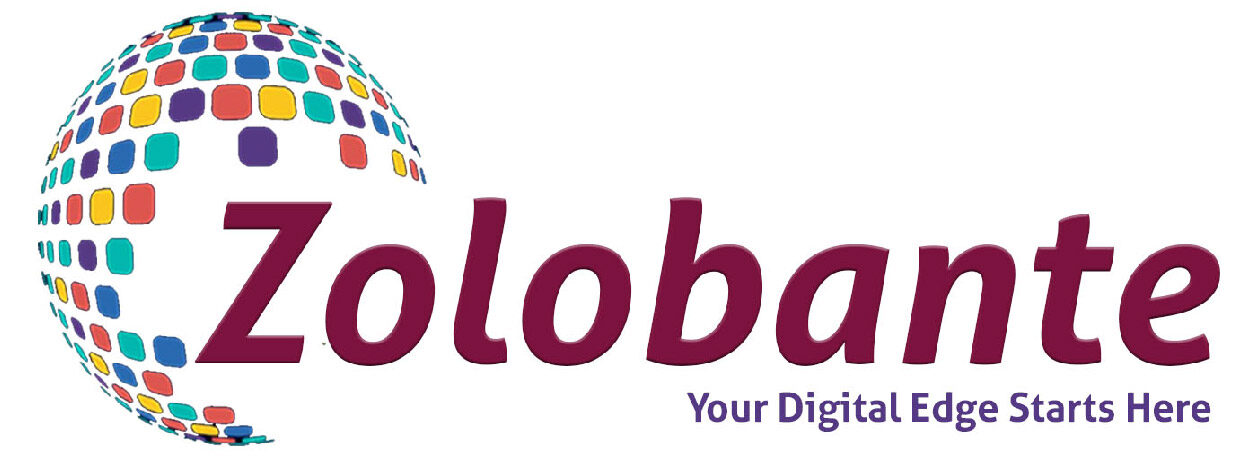Schooling, as we know it today, is a structured system of education that prepares individuals to live, work, and contribute to society. But behind every classroom, lesson, and school bell lies a rich history and evolving story that reflects how humanity has valued knowledge over time.
The Origins of Schooling
The story of schooling began thousands of years ago. Early humans passed down knowledge through oral tradition—stories, songs, and practical demonstrations. But as societies grew more complex, there arose a need for formal education systems.
1. Ancient Civilizations
Egypt and Mesopotamia: One of the earliest forms of formal education began in temple schools for training priests and scribes.
Ancient Greece: Emphasized philosophy, mathematics, and physical training. Thinkers like Socrates, Plato, and Aristotle shaped educational thought.
China: Confucian teachings greatly influenced the Chinese education system, stressing discipline, respect, and knowledge.
2. Medieval Period
In Europe, schools were mostly religious institutions. Monks and priests taught reading, writing, and religious studies.
In Africa, centers of learning like Timbuktu (in Mali) were flourishing, attracting scholars from different parts of the world.
3. Islamic Golden Age
Islamic scholars preserved ancient knowledge and established institutions like madrasas, which offered a wide range of subjects from theology to science and medicine.
The Evolution of Modern Schooling
By the 18th and 19th centuries, industrialization changed the world—and education with it.
Compulsory Schooling: Countries began to make schooling mandatory to reduce illiteracy and prepare citizens for the workforce.
Public Education: Free schools funded by governments were introduced, making education accessible to many.
Colonial Influence: In many parts of Africa, Asia, and Latin America, colonial rulers introduced Western-style schooling, often replacing or ignoring indigenous education systems.
Why Schooling Matters
1. Knowledge and Skills: Schooling equips students with the ability to read, write, reason, and solve problems.
2. Social Development: It teaches teamwork, discipline, communication, and respect for others.
3. Opportunities: Education opens doors to careers, personal growth, and improved living standards.
4. Nation Building: Educated citizens contribute more meaningfully to democracy, innovation, and development.
Challenges in the Story of Schooling
Despite the progress, the schooling system faces ongoing challenges:
Access and Inequality: Millions of children, especially in developing countries, still lack access to quality education.
Outdated Curriculum: Some education systems still rely on old methods that don’t match today’s world.
Poverty and Conflict: War, hunger, and poor infrastructure disrupt schooling for many children.
Digital Divide: Technology is transforming learning, but not everyone has equal access to digital tools.
The Future of Schooling
Education continues to evolve. The future may see:
Online Learning: More flexible, remote learning environments.
Personalized Education: Lessons tailored to individual strengths and learning styles.
Skill-Based Focus: Emphasis on creativity, entrepreneurship, coding, and emotional intelligence.
Global Citizenship: Teaching students to think beyond borders and embrace cultural diversity.
Conclusion
The story behind schooling is the story of human growth and aspiration. From humble beginnings under trees and temples to digital classrooms and virtual tutors, schooling remains one of the most powerful tools for shaping the future. It is not just about getting a certificate—it’s about unlocking potential, building character, and creating a better world.




